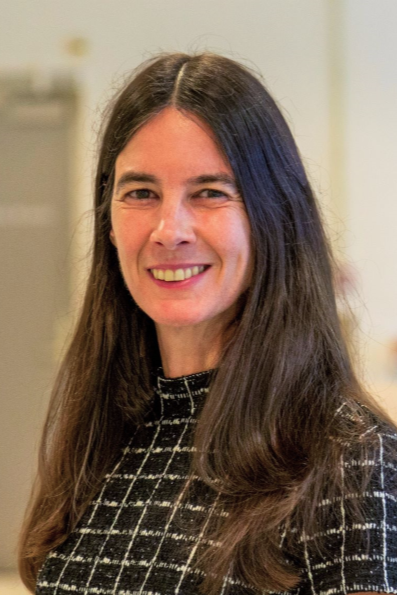“As a lecturer with over twenty years of experience, I've witnessed the constant changes in higher education first-hand. I also saw how the pandemic accelerated digital transformation. In such a rapidly changing landscape, I believe that universities must offer future-proof education and proactively adopt innovative teaching approaches. Digital tools in education can truly transform learning and the dissemination of knowledge: they can help adapt learning experiences to changing learning environments and the diverse needs of our students, making a university truly future-proof,” says Dobbelaere.
The benefits of knowledge clips
Imagine you open a knowledge clip about the concept of supply and demand in economics. In this video, you see a lively animation of a marketplace where prices and quantities of goods fluctuate. The lecturer explains the core concepts while graphs visually clarify them, allowing students to understand the material better.
Digital knowledge libraries, such as this knowledge clip, are a well-known and effective tool for knowledge dissemination. Compared to traditional teaching methods, knowledge clips promote a sustainable transition to Activating Blended Learning. Dobbelaere explains, “Knowledge clips enable students to learn independently and at their own pace, promoting greater engagement and a better understanding of the material. They also ensure a consistent learning experience by encouraging educators to identify core concepts collectively and define the identity of a curriculum.”
However, implementing this digital teaching method in higher education requires broad support and a systemic, team-based approach. Dobbelaere explains, “My ‘Canon’ team and I chose this approach when developing a ‘digital canon of knowledge’ within the Economics specialization in the Bachelor of Economics and Business Economics (EBE BSc).” Over two years, Dobbelaere's team developed a digital library of no fewer than 76 knowledge clips: “We will continue this approach as we expand the digital canon.”


